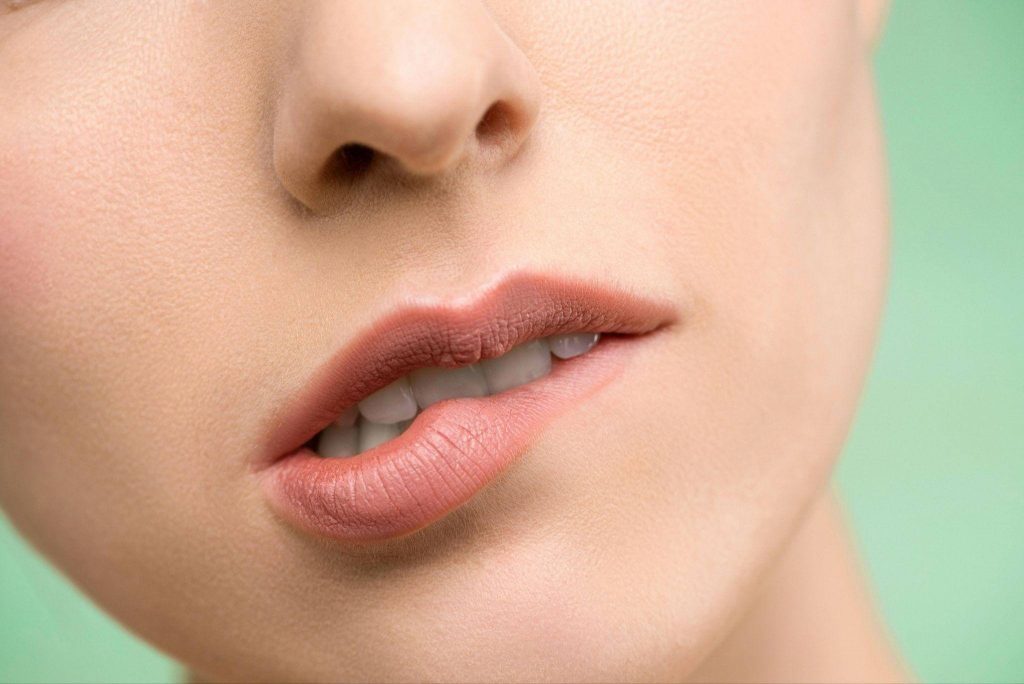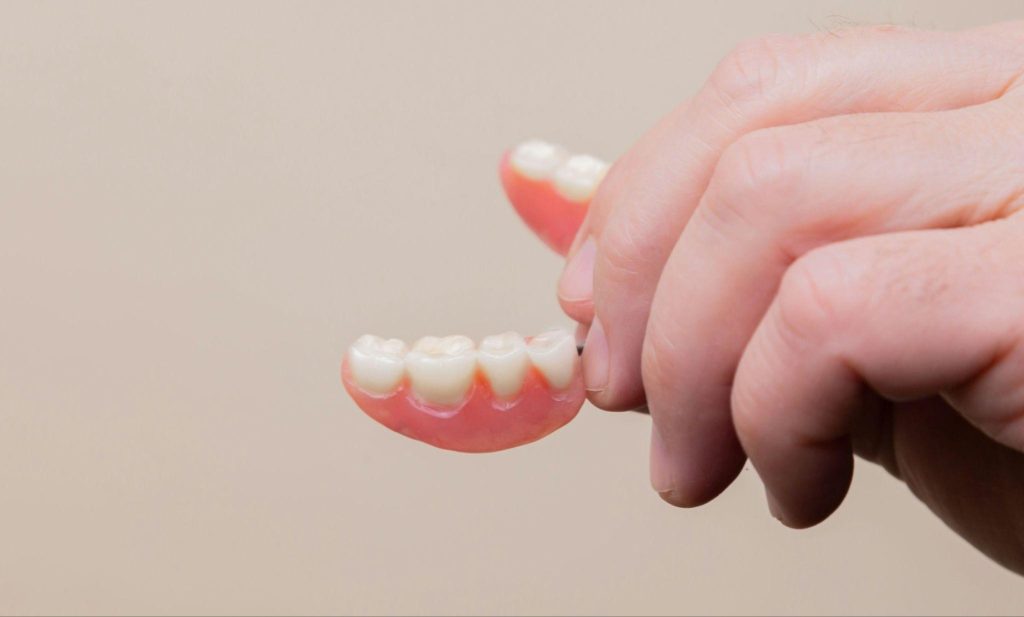If your dentist has recommended dental sealants for you or your child, you may be wondering if they are a good idea. But dental sealants play an important role in safeguarding your teeth.
Dental sealants are thin, protective coatings applied to the chewing surfaces of your back teeth. They protect against cavities by blocking food and bacteria from settling into the deep grooves of the teeth.
In addition to blocking food from entering, sealants also make your teeth easier to clean because the hygienist doesn’t need to insert the cleaning tools as deeply into the molar.
Traditionally, dental sealants have been used primarily for children. They provide a layer of protection against cavities in early life, when children are just learning to brush thoroughly.
With this “set it and forget it” solution, parents don’t need to monitor brushing as closely or worry about expensive fillings for baby teeth that adult teeth will eventually replace.
In recent years, adults have become interested in dental sealants for the same reason. They reduce the risk of cavities, make dental care easier, and offer peace of mind.
Are dental sealants for kids and adults worth it? Here’s what you should know.
Dental Sealants for Kids
If you’re a parent, you probably already know that children are at a higher risk of cavities. In addition to enjoying sugary treats, children often struggle with thorough dental care. Even if you’re diligent about helping them brush, they’re learning, and this can lead to problems.
Dental sealants provide an added layer of protection during childhood. Both the CDC and ADA support the use of dental sealants. They’re safe and protect teeth, and they provide peace of mind and encourage independence.
With sealants, you won’t need to monitor your child’s brushing as closely, and they’ll never feel like they’re doing something wrong. Despite their best efforts, they may still develop cavities, so oral care is not always effective.
Sealants for Adults
In recent years, an increasing number of adults have become interested in using dental sealants for the same reason children do.
The risk of cavities typically decreases in adulthood, but it remains a persistent concern. This is especially true if you’re an adult with deep grooves or gum recession, making you more prone to cavities.
Although almost anyone can get dental sealants, they tend to work more effectively for individuals who have never had them before.
Dental sealants typically last from five to 10 years with proper care. They can also be cheaper than treatment for cavities or tooth decay in some cases. A single cavity might cost less to fill than sealants cost, but if you’re prone to decay, the cost of fillings adds up, even with dental insurance coverage.
Not to mention the eventual cost of secondary issues caused by decay, including gum health issues. Sealants significantly reduce your risk for these problems and cost less than ongoing treatment.
Risks of Dental Sealants
The dental community considers dental sealants entirely safe. There is minimal risk of an allergic reaction, but most children and adults don’t even know they have sealants on their teeth, aside from enjoying the benefits.
One of the primary concerns of using dental sealants is that you or your child might be tempted to neglect dental care. After all, if there’s a barrier protecting your teeth, why bother brushing them?
This couldn’t be further from the truth, and patients must understand that dental sealants are an added layer of protection. You still need to brush and floss and practice good oral hygiene in general. If you choose dental sealants for your child, ensure they understand the benefits of this treatment.
And if the sealants are for you, remind yourself that even with the layer of protection, you still need to care for your teeth as you would without them.
How Do You Know If Dental Sealants Are Right for You?
If you believe dental sealants might be a good option for you or your child, it’s important to speak to a dentist. They can examine your teeth, determine if you’re a good candidate for sealants, and help you with the process. A few things you’ll want to factor into your decision about dental sealants include:
- Age
- Dental history
- Cavity risk
- Budget
If you’d like to know more about dental sealants or you’re ready to get started with the process, Contact Us.




